
Writing Lyrics and Music: Start with Authentic Emotion
Writing authentic lyrics and music starts with emotion. Whether you're crafting a heartfelt ballad or an energetic anthem, connecting with real emotions—your own or those of your audience—is key. This article explores techniques for writing with authenticity, using imagery, hooks, and musical composition to enhance emotional impact.

Writing Guest Blogs: Know Your Goals
Writing guest blogs can be a powerful tool for building your brand, expanding your audience, and establishing your authority. But before you start, it's crucial to define your goals. Are you looking for traffic, credibility, networking, or SEO benefits? Understanding your objectives will ensure your efforts are strategic, effective, and beneficial in the long run.

Live Purposefully Every Day
Living each day with purpose keeps me in the present, not worried about the past or the future but focusing only on living in the moment. It makes me appreciative of every experience, bringing clarity, fulfillment, and a deep sense of connection to the world around me.

Where the Mountains Speak: Writing the Essence of Appalachia
The Appalachian Mountains are more than just a setting—they are a living, breathing character in storytelling. From the misty ridges to the dense forests, their essence shapes both the people who inhabit them and the stories they inspire.

Public Speaking & Interviews: Understanding Your Audience
Public speaking and interviews are opportunities to connect, inspire, and educate. Understanding your audience is key to delivering impactful, engaging, and memorable presentations.
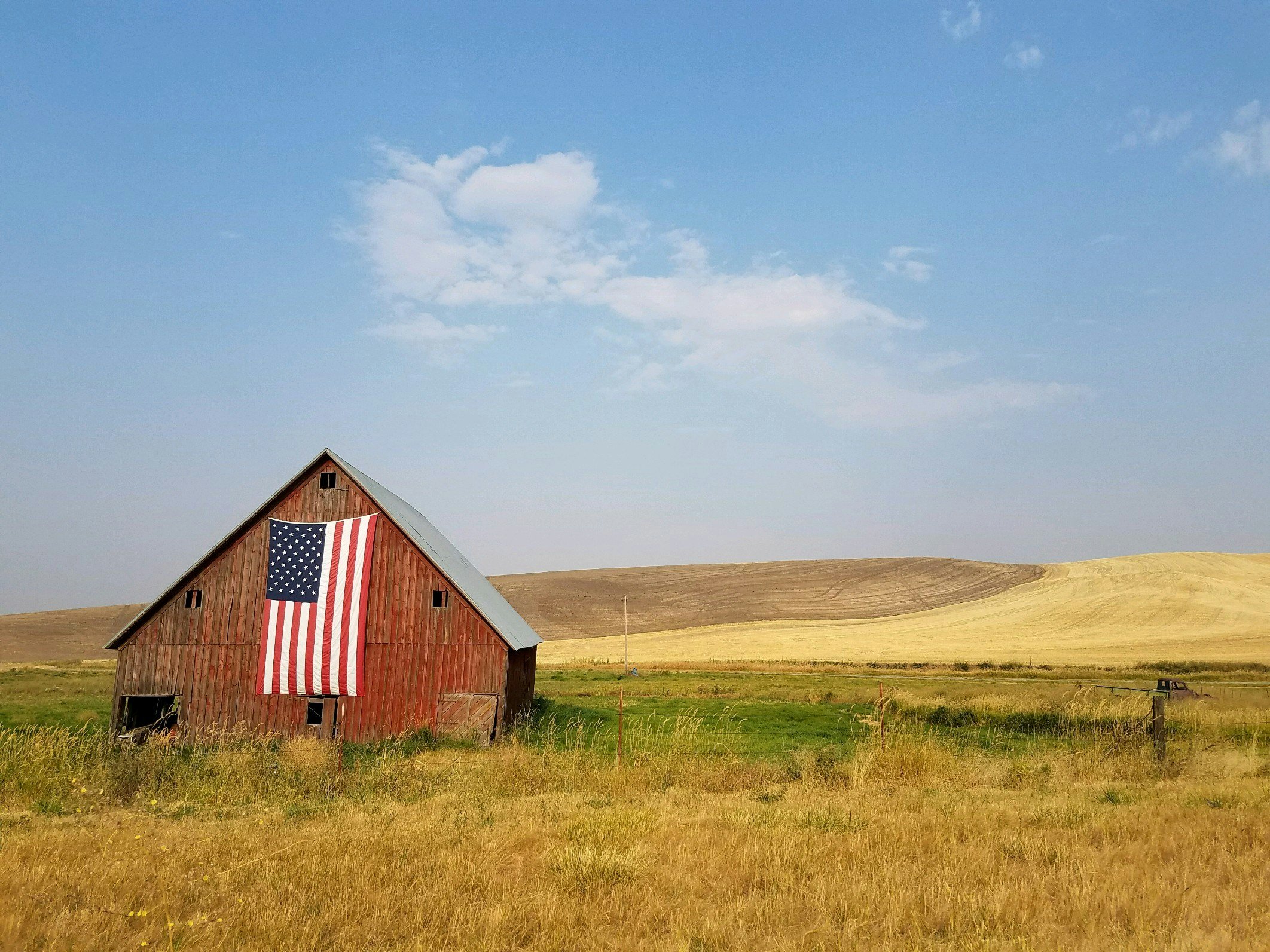
What is Americana Literature?
Americana literature captures what it is like to live, struggle, dream, and die in the United States. It shines a mirror on our unique culture, history, and diversity. It allows readers to learn about us and compare it against their own lives. It gives writers a chance to elevate their work by exploring the complexities of American life, and there are many.

The Difference Between a Personal and Academic Essay
Personal essays and academic essays serve different purposes and audiences. Personal essays are intimate, reflective, and conversational, while academic essays are structured, evidence-based, and analytical. Understanding these differences can help writers navigate both forms effectively.
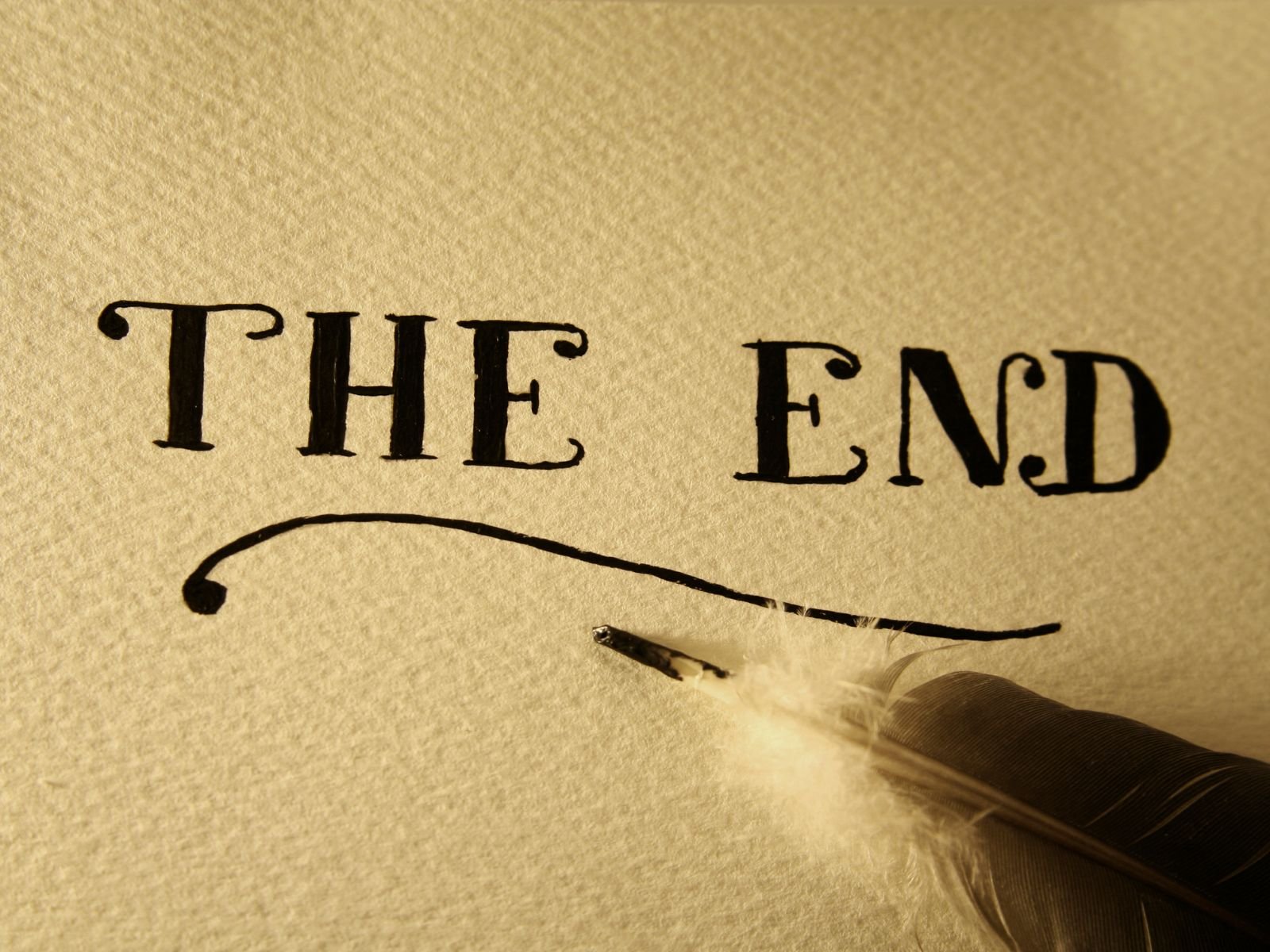
Tie Up the Loose Ends
A strong ending ties up loose ends, provides emotional and intellectual closure, and ensures your story lingers in readers’ minds. Here’s how to craft one that resonates.

Creativity is Living in the Now
Creativity isn’t just an innate talent—it’s a skill that grows with practice. By embracing new experiences, challenging your thinking, and living fully in the present, you can unlock your creative potential.
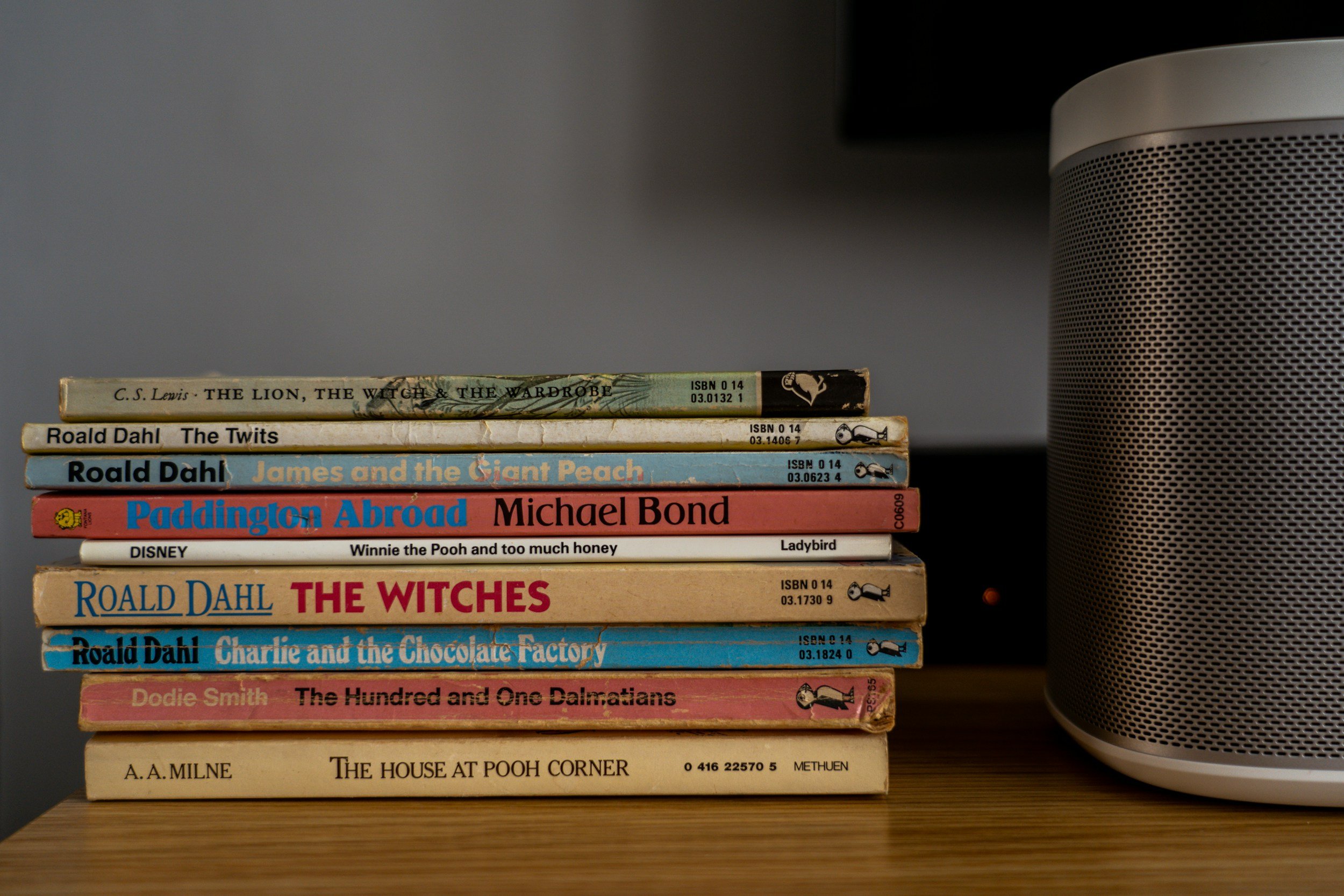
The Skinny on Writing Children’s Chapter Books
Writing children's chapter books is a rewarding endeavor that bridges early readers and middle-grade literature. Learn the key elements, from word count and vocabulary to humor and adventure, that make these books engaging for young readers.

Define and Create Your Life: The Value of Mission Statements and Vision Statements
Crafting mission and vision statements provides clarity, direction, and purpose in both personal and professional life. Learn how to define your core values and set achievable goals to shape your future.
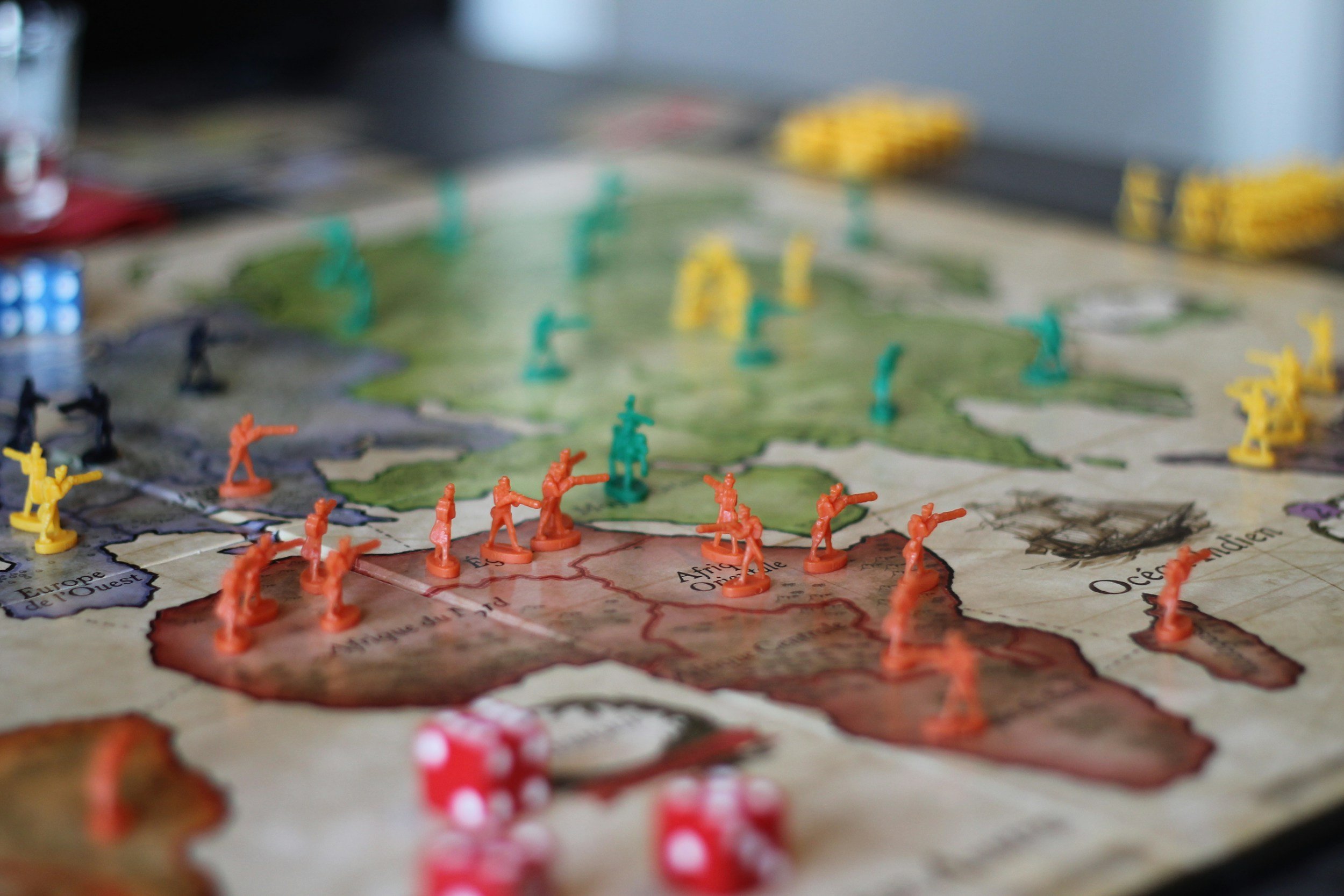
The Game Board Four: Mechanics, Story, Interaction, and Dynamics
Board games blend mechanics, story, interaction, and dynamics to create engaging experiences. Follow my journey as a writer designing a board game from the ground up.

Great Beginnings—The Core Attributes of a Strong Protagonist: Clear Goals and Complex Motivations
A strong protagonist hooks readers from the first page. By giving them clear, significant goals and complex, relatable motivations, we create characters that resonate deeply. A protagonist’s journey should be layered with internal and external conflicts, emotional stakes, and evolving ambitions that drive the story forward.

How to Get Your Book Made into a Movie: Why Some Books Don’t Make Good Movies
Not every book is suitable for turning into a movie. Successful adaptations must balance the book’s essence with the film’s limitations, which is often more challenging than most book writers would like to consider.

Creating Writing Accountability for Self-Discipline and Productivity
Writing, unlike many other professions, is a self-employed endeavor. This unique aspect of our craft necessitates cultivating writing accountability for self-discipline and productivity. Every day, the responsibility is solely yours. You must find creativity within yourself, even when it’s not flowing easily. Most importantly, you must finish your work.
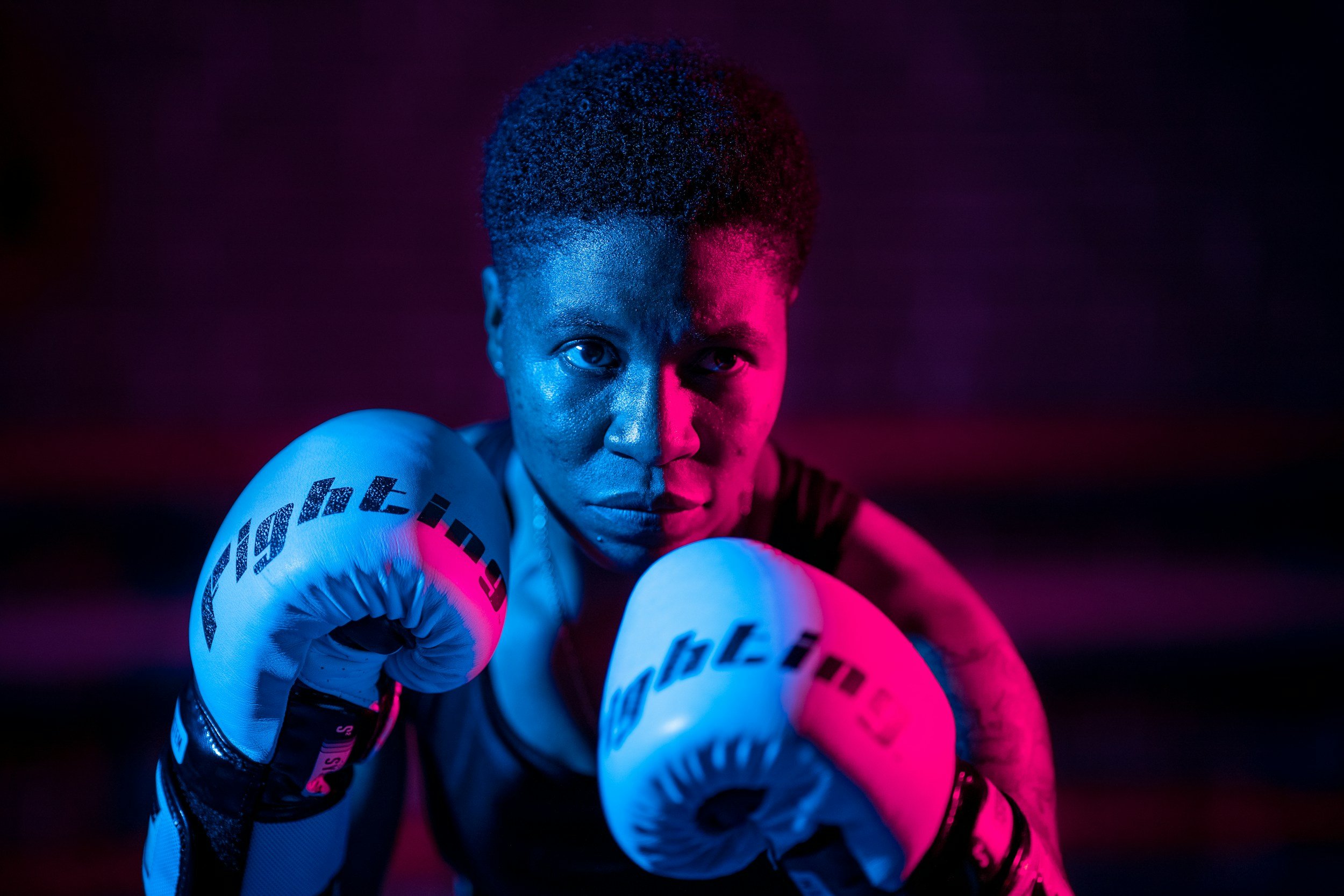
Self-Empowerment: The Key to Getting Things Done
True empowerment in writing and life comes from self-accountability, resilience, and taking proactive control of your growth. Writers must embrace challenges, cultivate self-sufficiency, and harness their unique voice without waiting for external validation. The power to succeed lies within you.

The Next Time You’re Feeling Down…Write
When you're feeling down, the best thing you can do is write. Instead of trying to fix yourself, use your emotions to fuel your creativity. Writing is more than self-expression—it’s a tool for growth, transformation, and productivity. By channeling your thoughts and feelings into your work, you not only free yourself but also connect with readers on a profound level.
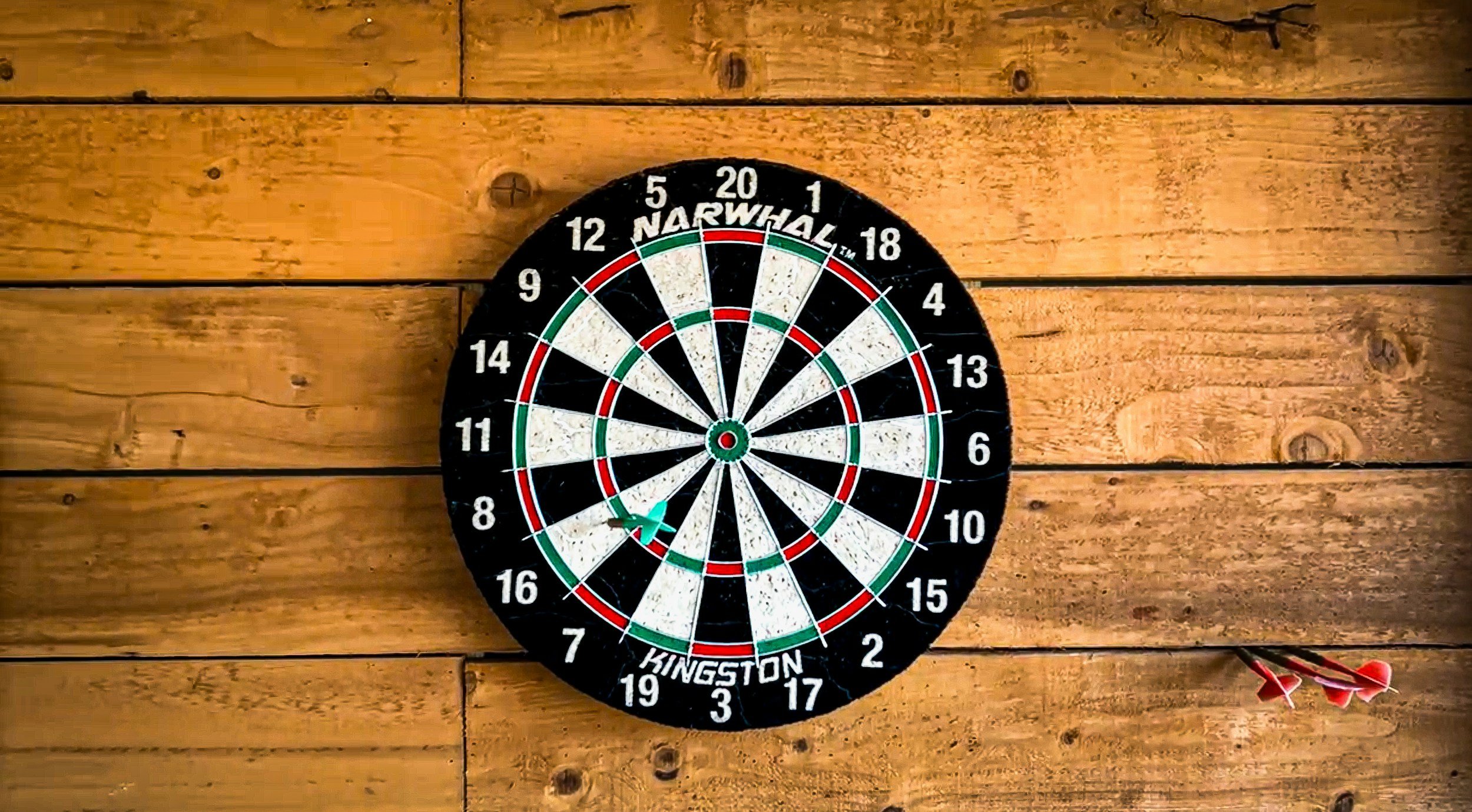
Perfectionism. Really?
Perfectionism might seem like a noble pursuit, but it often leads to stress, procrastination, and burnout. Instead of chasing an impossible standard, embrace imperfection, get things done, and find joy in progress rather than perfection.

Empowered, Value-Driven, Purposeful Living
Success can feel like a maze of difficult choices, but the key to empowerment is knowing yourself, defining your values, and taking control of your future. Align your work and personal life with your core beliefs, make proactive decisions, and build a foundation that no challenge can shake.

The 4 Steps to Get What You Want…In Less Than 30 Seconds
Master the art of persuasion in less than 30 seconds. Whether pitching a book, making a business connection, or communicating effectively, these four steps will help you capture attention, build engagement, and get what you want—quickly and efficiently.